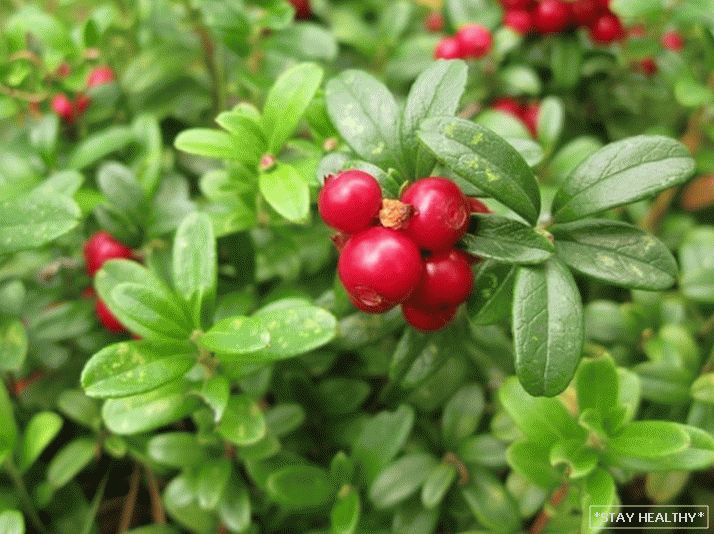
- 1 Useful properties
- 1.1 Application
- 2 Cranberry Recipes
- 2.1 Tonic water infusion of berries
- 2.2 Leaf Infusion for Kidney Disease
- 2.3 Broth from the leaves of cowberry with a cold
- 2.4 Decoction of leaves with bedwetting
- 3 Contraindications and possible side effects from lingonberries
ordinary - 4 Harvesting, growing and harvesting for the winter
Lingonberry – an evergreen, which is popularly
also called: “boletus”. According to an old legend, lingonberry
common, as well as cedar and pine were sprinkled with water of immortality,
so that these plants have the ability to cure many
diseases. Lingonberry is widely used in cooking, from its berries
prepare jams, jams, sauces, various seasonings, as well as
medicine for the treatment of diseases of the gastrointestinal tract, kidneys and liver, urinary
system. For medicinal purposes they use both fruits and lingonberry
leaves containing many beneficial trace elements and
of vitamins.
Contents
Beneficial features
Lingonberry – a storehouse of beneficial vitamins
and minerals. Its berries contain vitamins of the group: A, C, PP, B1,
B2, as well as iron, phosphorus, magnesium, potassium, carotene, ascorbic
acid, pectin, essential oils, malic, tartaric and citric
acid. The leaves of the plant contain: tannins,
organic acids, tannins, glycoside arbutin, methylarbutin,
vaccine.
Caloric cranberry berries: 43 Kcal per 100 g
product
Lingonberry is hypoallergenic, and therefore shown to
use even during pregnancy and breastfeeding
to increase the level of hemoglobin in the mother’s blood, reduce
puffiness, normalization of pressure.
Lingonberry berries increase the overall tone, improve metabolism,
strengthen the cardiovascular system, normalize the activity
nervous system, help prevent depression.
Application

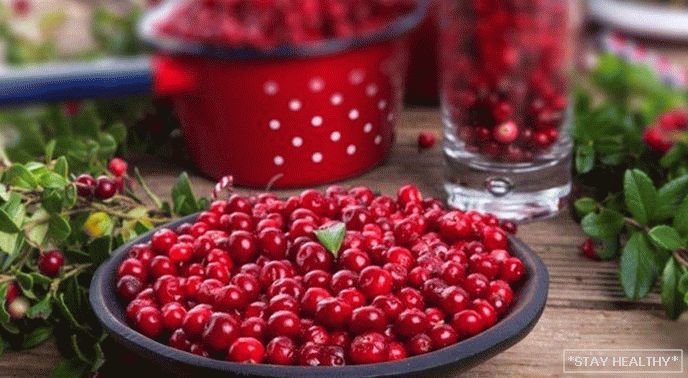
Существует не один способ применения брусники ordinary: в
as an antiseptic, anthelmintic, antiseptic,
sedative, diuretic, to relieve fever with fevers,
to alleviate the condition of nerves and pulmonary tuberculosis.
Lingonberry juice, berries and leaves are used
at:
- avitaminosis;
- anemia;
- diabetes;
- increased pressure;
- flu;
- coronary heart disease;
- rheumatism;
- gastritis;
- low acidity;
- gout;
- kidney disease;
- urinary tract diseases;
- with arthritis;
- osteochondrosis;
- meteorite;
- chronic constipation.
Berries are also used in severe alcohol poisoning,
systematic headaches. Lingonberry juice is applied externally.
with scabies, lichen, eczema, psoriasis, neurodermatitis.
Существует не один способ применения брусники ordinary: в
as an antiseptic, anthelmintic, antiseptic,
sedative, diuretic, to relieve fever with fevers,
to alleviate the condition of nerves and pulmonary tuberculosis.
Cowberry Recipes
Application брусники ordinary в медицине в виде сборов и
pure form in inflammatory diseases of the digestive tract, liver, stones in
gall bladder, chronic and acute diseases of the urinary tract.
В народной медицине применение брусники ordinary широко
it is common, especially with bed wetting in children, with
catarrhal diseases, rheumatism, stomach disorders, for
general body strengthening. Lingonberry berries and leaves are prepared
at home medical decoctions and tinctures.
Tonic water infusion of berries

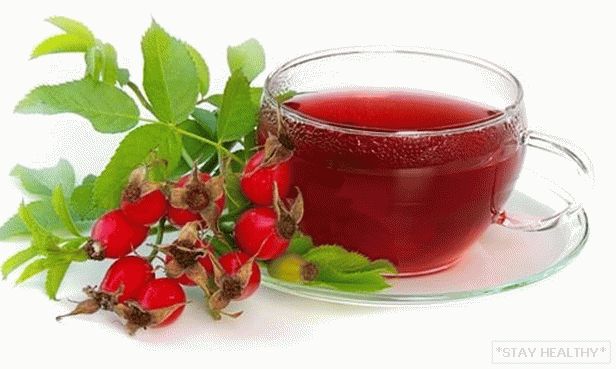
Тонизирующий водный настой брусничных плодов является
tonic, and therefore it is used in the winter
для поддержания иммунной system. Infusion lowers sugar in
blood, and therefore recommended for people on a diet with sugar
diabetes.
Рецепт Ингредиенты:
- Cowberry berries (dried or fresh) 1 tbsp. L .;
- Water 200 ml;
Cooking method:
- Cowberry fruits sort, wash, shift to
the pan. - Pour boiling water, cover with a lid.
- Insist 30 minutes.
Infusion perfectly quenches thirst, and strengthen its tonic
properties will help natural honey, which can be added to the drink
taste.
Infusion of leaves with kidney disease

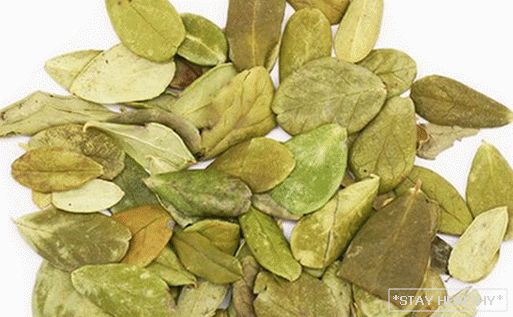
При лечении заболеваний почек применяется настой брусничных
leaves that has antiseptic, antimicrobial,
antiedematous and diuretic properties. Infusion also contributes
strengthen immunity, which helps to quickly deal with
ailment.
Рецепт Ингредиенты:
- Dry lingonberry leaves 1 tbsp.
- Water 1 cup.
Cooking method:
- Pour dry lingonberry leaves with a glass of boiling water.
- Leave to brew for 30 minutes, carefully strain.
The finished infusion is taken three times a day, 0.3 glass to
food.
Cranberry leaves decoction for colds

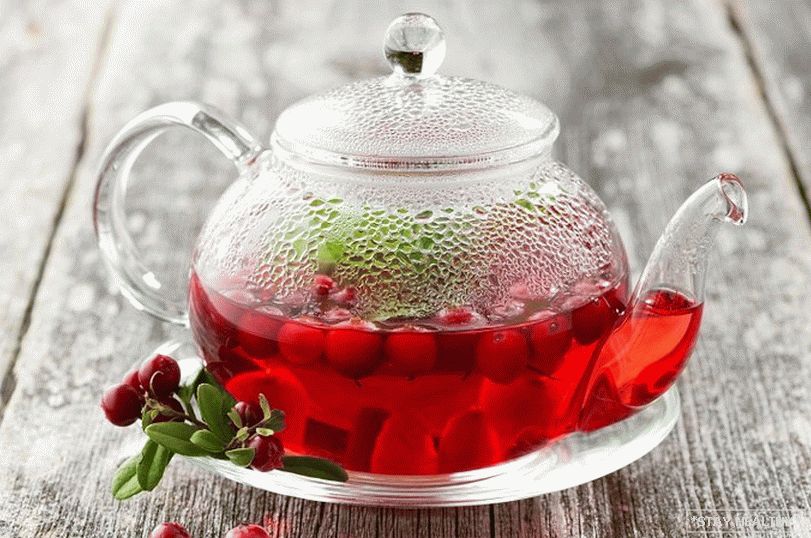
Органические кислоты, содержащиеся в бруснике, обладают
bactericidal properties, and the presence of flavonoids protect the body
from microbes and antioxidants. Plant leaves possess
analgesic property, and their decoction is used for colds, so
as contributes to removing the heat.
Рецепт Ингредиенты:
- Lingonberry leaves dry 2 tbsp.
- Water 500 ml.
Cooking method:
- Cowberry leaves pour water, bring to a boil, stew on
low heat for 20 minutes. - Strain the broth and pour boiled water into it to get to
initial volume.
A warm decoction is taken in two tablespoons 4 times a day,
спустя 40 минут после food.
Broth leaves with bedwetting

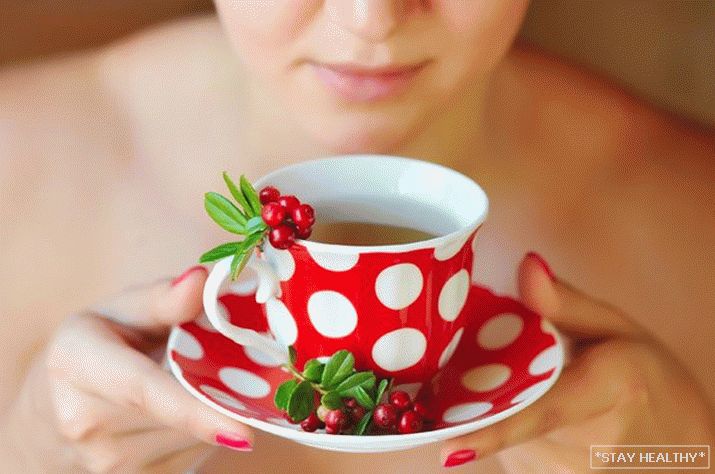
Недержание мочи или энурез — непроизвольное выделение мочи без
calls for urination. Most often urinary incontinence occurs in
pre-school children that may be due to anomalies
development of the urinary tract, endocrine disorders,
mental trauma, fright, wrong day routine. how
typically, urine is released involuntarily 2-3 hours after
falling asleep. You can cope with enuresis by folk remedies –
decoction of lingonberry leaves.
Рецепт Ингредиенты:
- Cowberry leaves 1 tbsp. L .;
- Cowberry berries 1 tbsp. L .;
- Hypericum 2 tablespoons;
- Water 3 cups.
Cooking method:
- Pour the ingredients with water, bring to a boil.
- Boil for 10 minutes, strain.
A decoction of 3 cups a day is taken, starting at 16:00 and
ending with going to bed.
Contraindications and possible side effects from lingonberries
ordinary


Despite the many nutrients shown to use
cowberry is not all. As a preventative
and medicines are not recommended to use lingonberry
berries to people with high sensitivity. Contraindicated use
cowberry fruit with gastric ulcer and duodenal ulcer with
high acidity.
The tannins contained in the leaves of the plant may
harm and not benefit people suffering from diseases
the kidneys. Because of the ability to rapidly lower blood pressure,
The use of cranberries in case of hypotension is contraindicated. because of
diluting properties of cowberry berries, prohibited from use
people with internal bleeding and after suffering
operations.
Collection, cultivation and harvesting for the winter

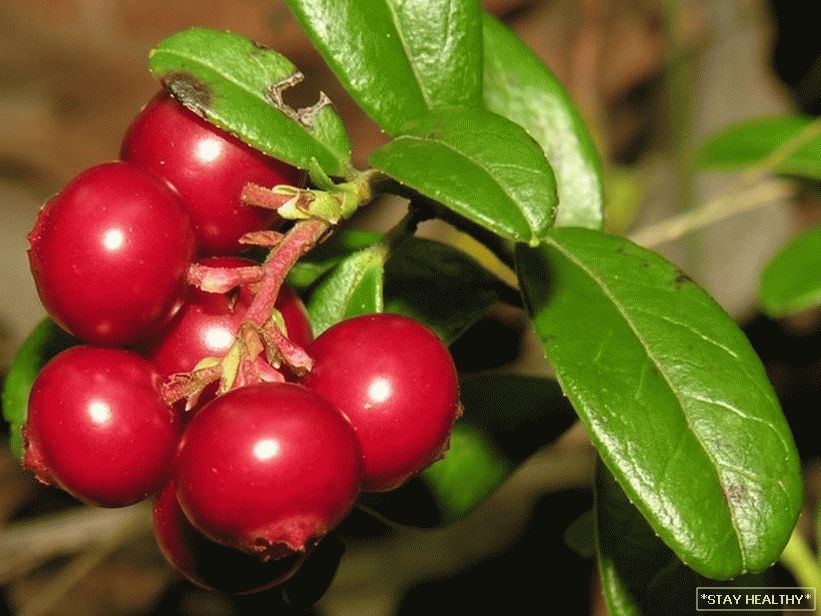
Lingonberry grows in coniferous and mixed forests,
near the marshes. Region of distribution: Russia (except for
southern regions), Ukraine, the Far East, the Caucasus Mountains, Belarus,
Kazakhstan, Central Asia, North America. Recognize the plant
very simple: a branching shrub, 20-30 cm tall, having
oblong leaves with curved tips and bright red berries,
ripening in mid-autumn – the time of collecting lingonberries
ordinary.
Лучшими по качеству считаются ягоды брусники ordinary,
growing in dry places in pine forests. Cowberry berries
ordinary содержится бензойная кислота, которая является
natural preservative. Harvesting berries as a therapeutic
Raw materials are quite simple, they are simply poured with water, in order to
prevent drying out.
Cranberry leaves are collected for medicinal purposes in the middle of spring (until
emergence of shoots) or at the end of autumn (after ripening berries).
The collected leaves are spread out in a thin layer on fabric or paper in
well ventilated area. Dried lingonberry leaves,
bittersweet taste, used as raw materials from
various diseases no more than three years from the moment of preparation.
Storage leaves of lingonberry for broth should be dry,
ventilated place without direct sunlight.





